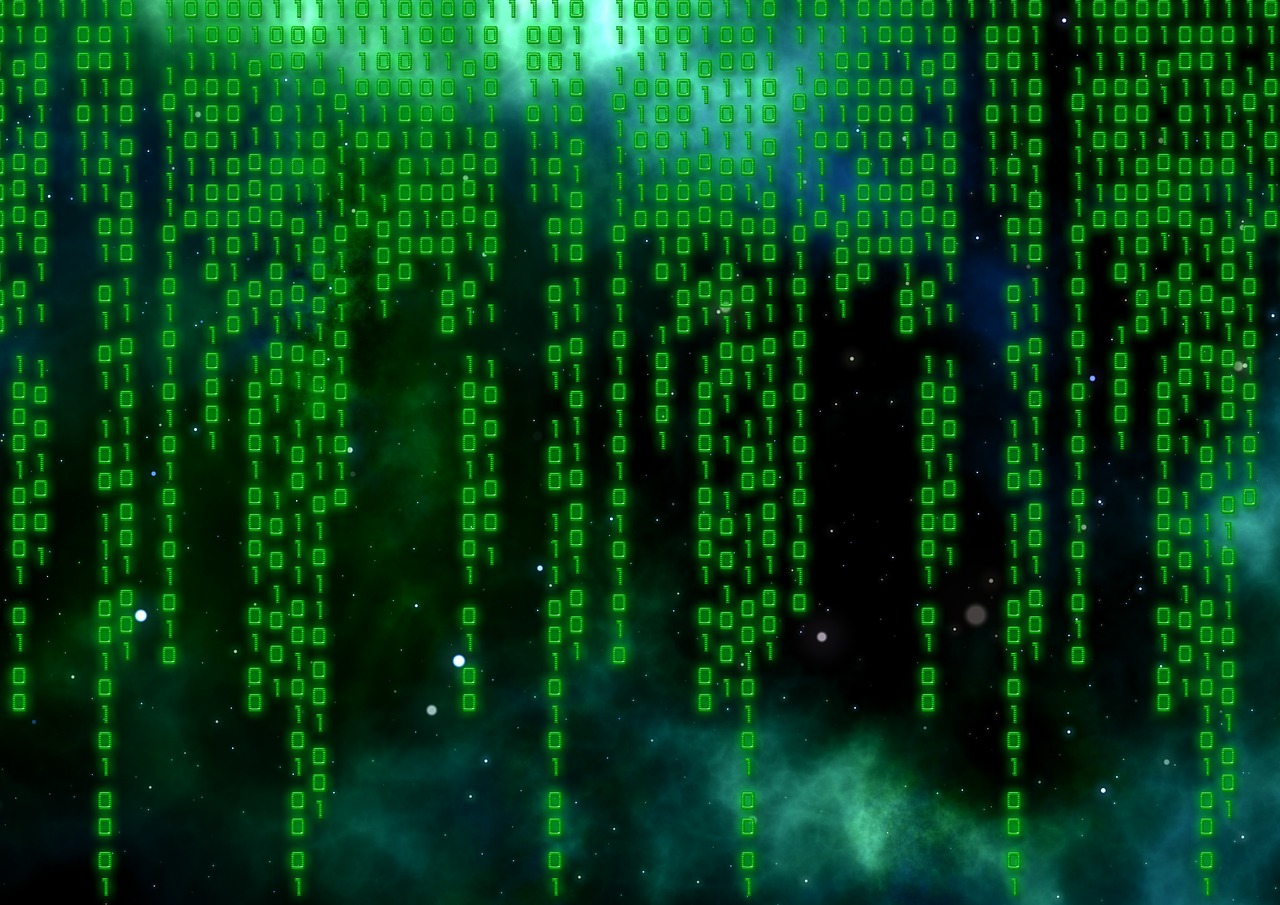By Lettisia George
“How good is our data?” is the question that statisticians often attempt to answer. My project provides a way of answering that question for a specific type of data, namely spatial data. Spatial data contains information about where things are, as well as how big they are. For example we might work with data about how many galaxies there at various points in the observable universe. We could then ask where are the regions with more galaxies and where are the regions with few galaxies. Information like this can be used to confirm theories about the start of the universe and the big bang.
A little closer to home is another type of spatial data. Positron Emission Tomography (PET) is used to measure areas of increased brain activity. For example we could find out which areas of the brain are active when a person is reading. This is done by comparing the brain activity of a person when reading and when resting. How do you tell which differences in brain activity were due to reading and which were random noise? One possibility is to use the techniques I investigated for my project.
When working with complicated data like this it is useful to have a model that behaves in the same way as the real system. A random field is a model of spatial data where we don’t know exactly what values each point will take but we know some statistics like the average. From this we can predict what might happen. My project investigated a model that can be used to find the volume or area of a space that has higher values than the rest. For example the volume of the brain that is active. If we have a model and know something about the statistics we can tell if the activation in the brain is higher or lower than expected.
Sometimes being a researcher is tough and you need to push on even when you have competing commitments. On the other hand it is always exciting to learn new things and doing a project like this one forces you to take in a huge amount of information very quickly. This is a very valuable skill, which is valued by prospective employers.
During my project I learned about the theory of random fields but I needed strength of character to keep working when things were difficult. Proving to myself that I can complete something difficult gives me confidence to move forward. As preparation for my honours year I have gained a solid basis of knowledge of the subject material. I feel well prepared for further research on the topic and I’m excited about learning.
Lettisia George was one of the recipients of a 2013/14 AMSI Vacation Research Scholarship.

